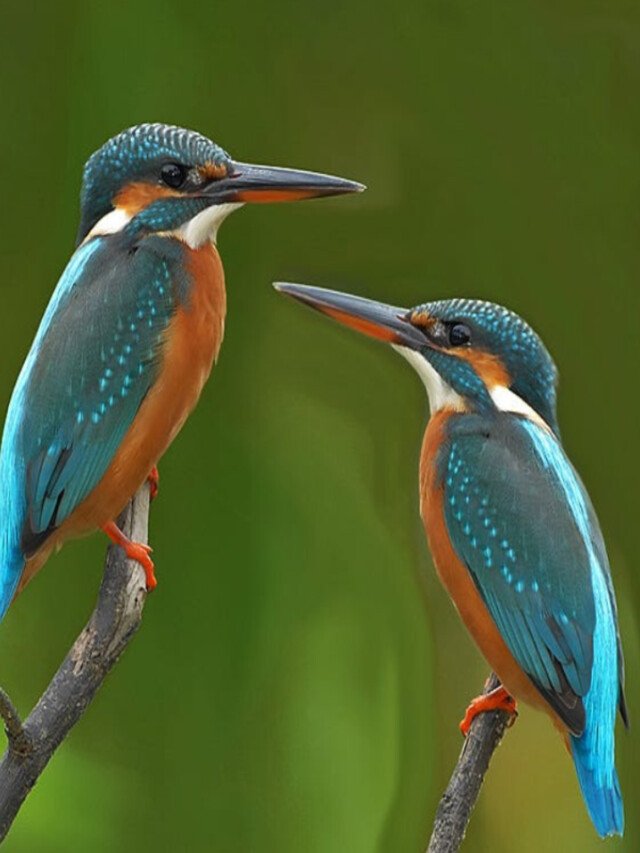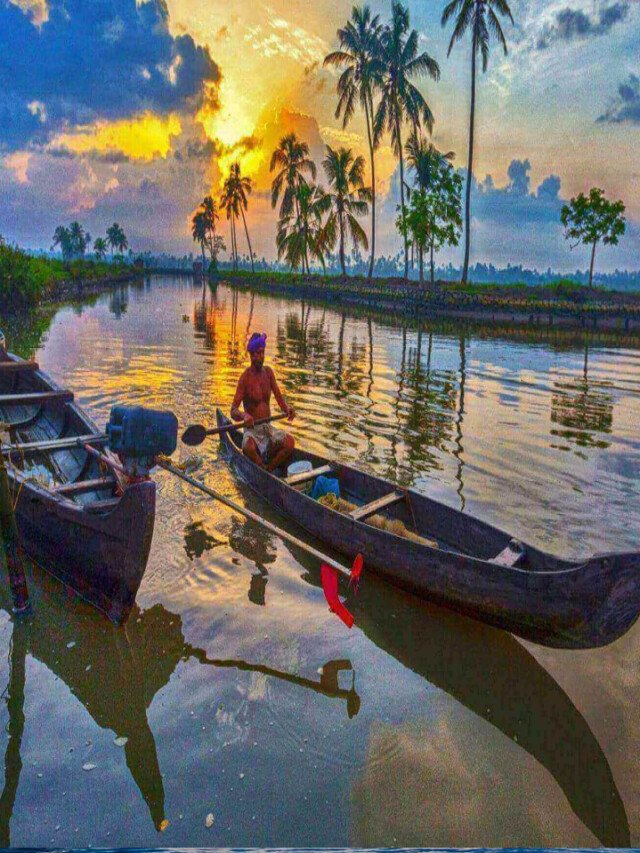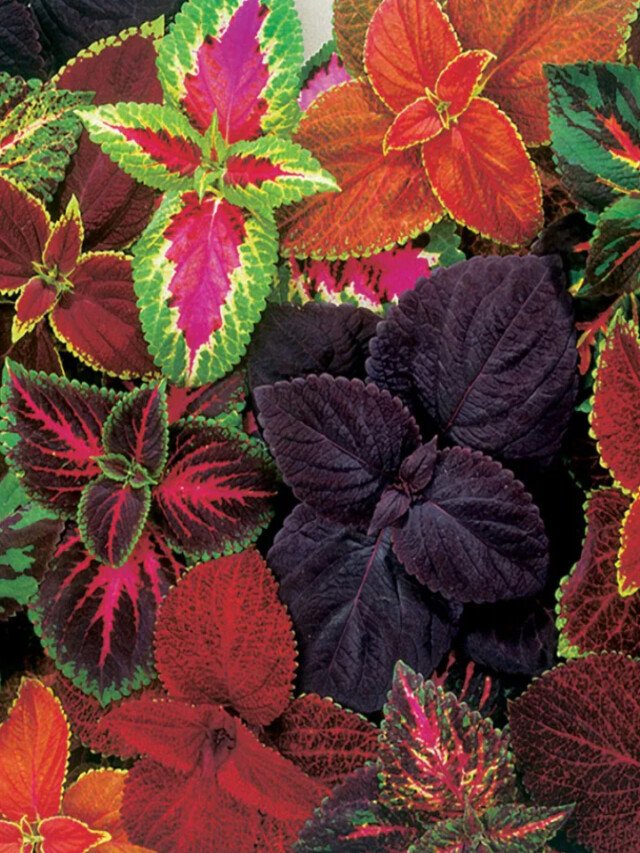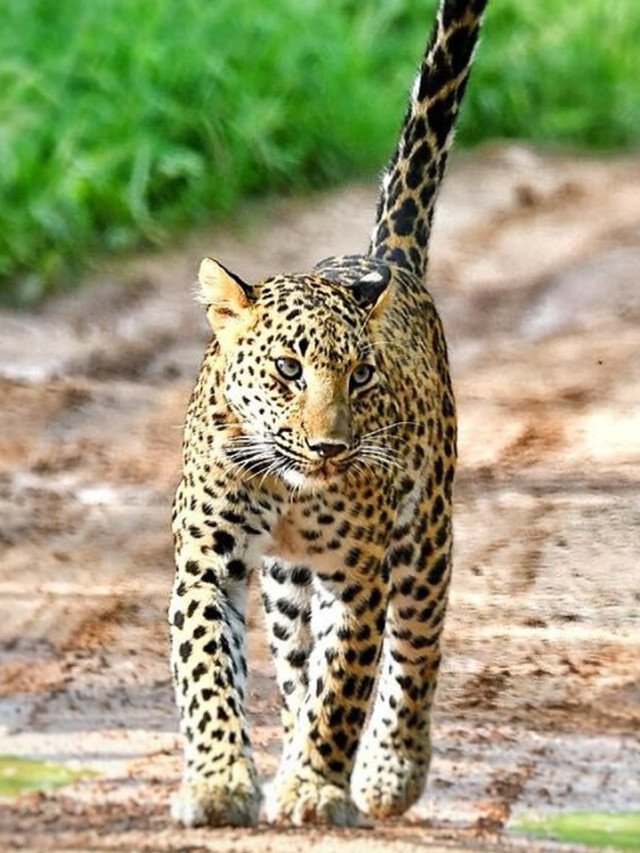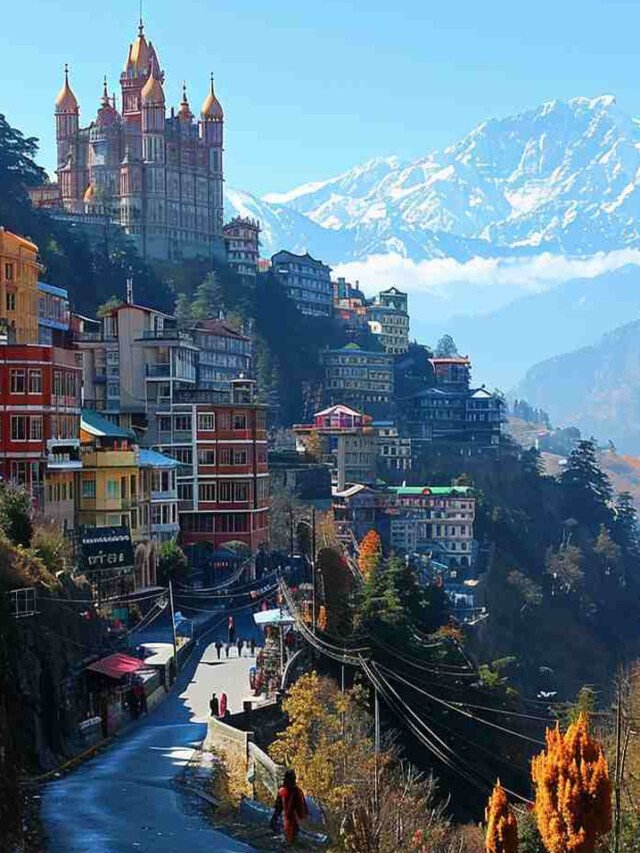HT Correspondent
Dimapur, May 8: Japanese ambassador to India Hiroshi Suzuki on Wednesday expressed his deepest sympathy and condolences to the people of Nagaland who were caught in the crossfire during World War II between Japanese and the British Commonwealth forces 80 years ago.
He said the people of Nagaland, who had nothing to do with the war, inevitably had to go through a great ordeal where many were coerced into cooperation and many people lost their lives and many were forced to flee the land of their ancestors.
Suzuki was speaking as the special guest at the soft inauguration programme of the Kohima Peace Memorial and Eco Park in Kohima. He was on a two-day visit to the state.
He said he was deeply honoured to witness the inauguration of the Kohima Peace Memorial which enabled him to offer his most solemn prayers to all the victims of the battle.
Suzuki expressed his gratitude to the people of Nagaland for their warm welcome and support provided to the Kohima-Japan bone collection team and enabling former soldiers and their families to collect the remains of the fallen soldiers.
He said the Eco-Park will be developed as part of the Nagaland Forest Management Project with official development assistance from the Japanese government.
He also expressed his sincere gratitude to Nagaland chief minister Neiphiu Rio and the people of the state for erecting the peace memorial and hoped that it would be a reason for more Japanese people to visit Kohima.
“I am convinced that the friendship originally fostered through the remains collection between Japan and Nagaland will be further strengthened through the construction of the Eco-Park as well as the exchange of young people. They will become new bridges between India and Japan,” the envoy said.
In his address, Rio said the event marked an important milestone in the narrative of Naga-Japan partnership, which though started under the cloud of conflict, has today matured into one for advocating peace and brotherhood of humanity, the message that has been embodied by the Kohima Peace Memorial.
Later, the Japanese envoy, along with his entourage, visited the World War II museum at Kisama, Kohima War Cemetery, Kohima Cathedral and Kohima village.



